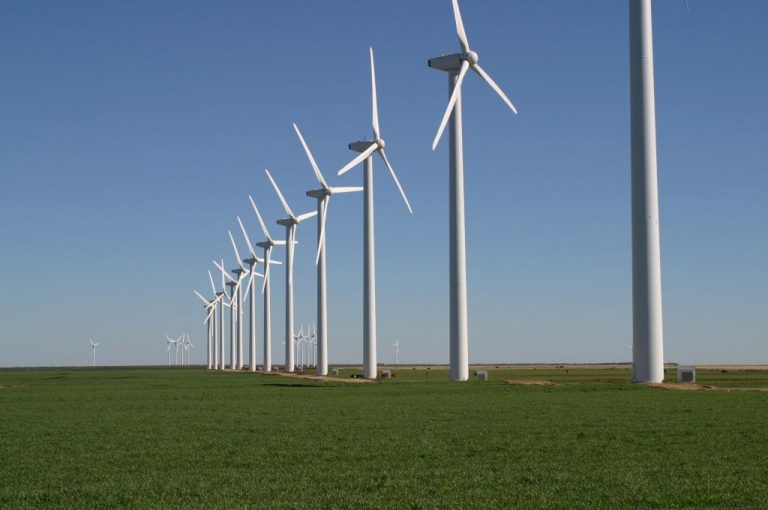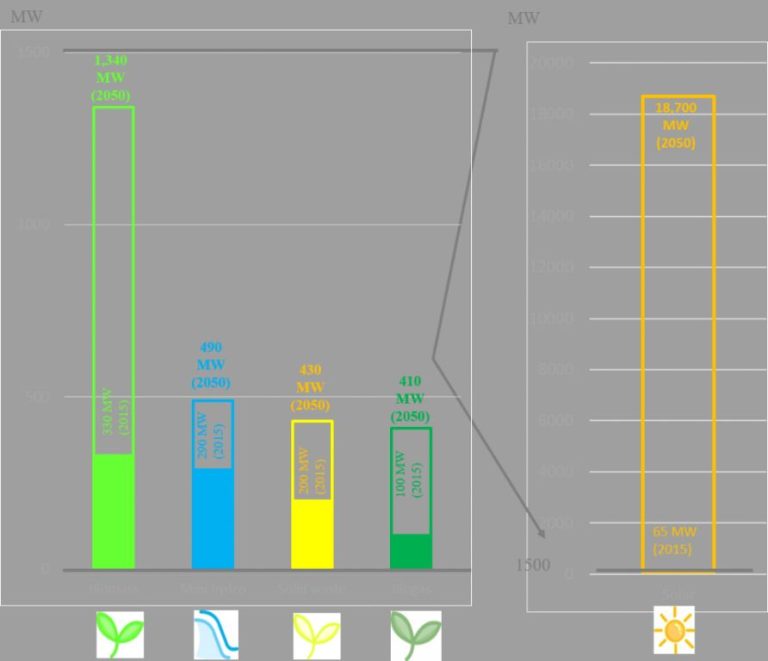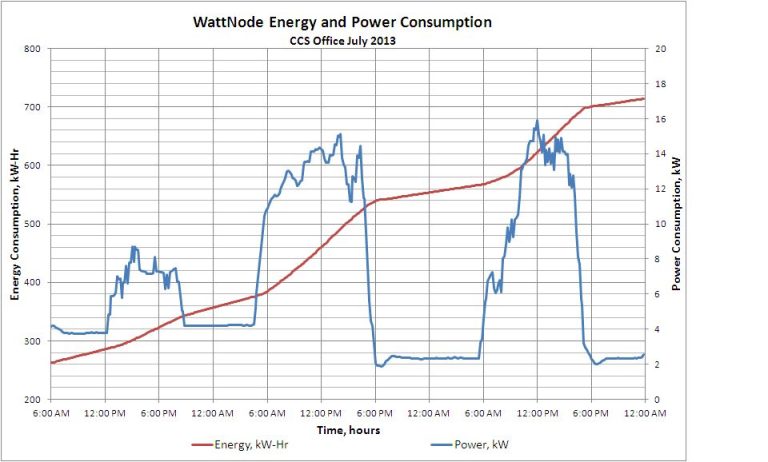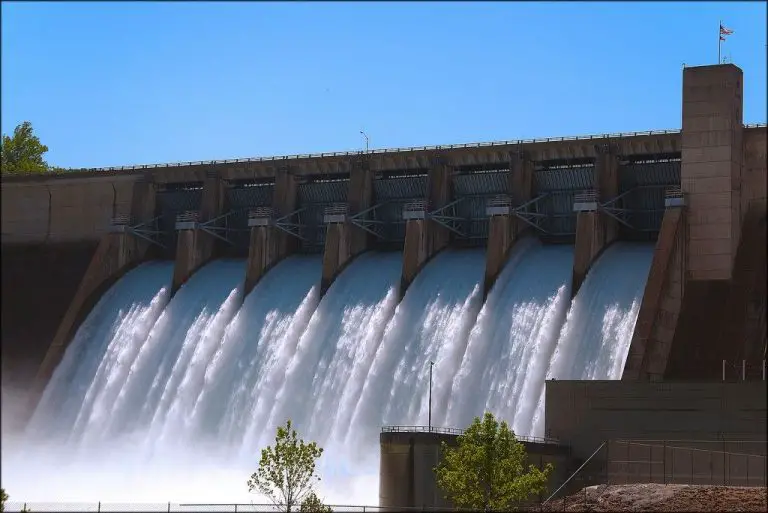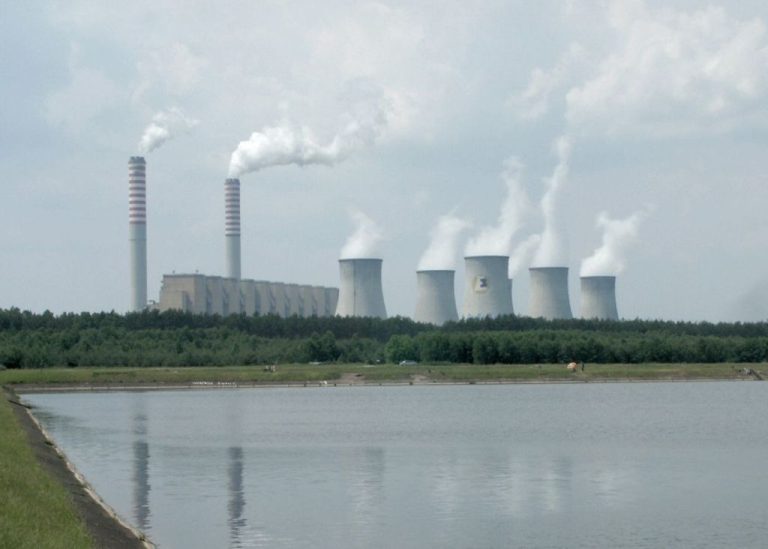What Does Electricity Do For Humans?
Electricity is one of the most important inventions and discoveries in human history, transforming nearly every aspect of modern life. Though electricity has been harnessed in rudimentary forms for millennia, the ability to generate, store, transmit and utilize electricity in the versatile ways we do today underpins technological advancement and improves the standard of living. Simply put, electricity powers civilization as we know it.
From lighting our homes to powering industries, electricity enables humans to be productive and active regardless of the time of day or night. Beyond illumination, electricity allows us to use appliances that provide comfort, cleanliness and convenience. Electronics and digital devices provide connection, communication, entertainment and access to information. Manufacturing of all kinds depends on electricity to automate processes and increase efficiency. Electricity also enables key infrastructure and services like water treatment, transportation, and healthcare. It would be nearly impossible to envision modern life without abundant access to electrical power.
Lighting
Electricity allows humans to illuminate homes, workplaces, streets, and virtually any environment. With the flip of a switch or the simple motion of turning on a lamp, electricity enables instant brightness. This illumination allows people to extend their productivity, socializing, and activities long after sunset.
Without electricity, the sun alone would dictate how long our homes and cities can stay lively. Candles and fires only provide limited and flickering light. Electric lighting, on the other hand, is clean, powerful, and available instantly. We control illumination with dimmers, timers, and automatic sensors.
Electric lighting transformed cities into vibrant 24-hour culture and economic centers. Well-lit workplaces increase productivity and safety. Bright homes reduce eyestrain and allow families more time together after dark for homework, hobbies, and connection.
Appliances
Electricity powers many of the appliances we use every day in our homes and workplaces. Without electricity, tasks like refrigerating food, cooking meals, and cleaning clothes would become much more difficult.
Refrigerators and freezers allow us to preserve food and drinks for longer periods of time. By keeping food cold, refrigeration prevents spoilage and contamination from bacteria. This makes it possible to store perishable items like dairy, meat, produce, and leftovers safely for days or weeks. Refrigeration also allows us to enjoy cool drinks, frozen desserts, and ice cubes.
Electric ovens, stoves, and microwaves provide a convenient way to cook food. electricity alows for temperature precision when baking or roasting food in the oven. Stovetop burners and induction cooktops allow for a range of cooking techniques like frying, simmering, or boiling. Microwaves cook or reheat food very quickly using electromagnetic waves.
Washing machines, dryers, and dishwashers save huge amounts of time and effort when cleaning clothes, linens, and dishware. Washing machines agitate clothes to remove dirt and odors. Dryers efficiently dry clothing with heated air. Dishwashers wash dishes hygienically using water jets and detergent.
Electronics
Electricity powers all of our electronic devices that we rely on every day. From cell phones to laptops to TVs, electricity allows us to stay connected and entertained. Most electronics need to be plugged into an electrical outlet or charged in order to function. Electricity allows these devices to power on, access the internet, play music and videos, and run complex software. Without electricity, we wouldn’t be able to use our phones, computers, or enjoy watching television. Electricity has enabled incredible advances in electronics that connect people and provide limitless information at our fingertips. We often take for granted how essential electricity is for powering the electronics that play such an indispensable role in our lives.
Transportation
Electricity has revolutionized transportation by powering trains, cars, buses and other vehicles that transport people and goods. Electrification of transportation brings numerous benefits:
Electric trains provide efficient mass transit while producing zero direct emissions. High-speed electric trains can move large numbers of passengers quickly over long distances.
Electric cars and buses eliminate tailpipe emissions from fossil fuels, reducing air pollution in cities. Electric vehicles are quiet, smooth to drive, and convenient to recharge. As battery technology improves, electric cars are becoming more affordable and practical.
Widespread adoption of electric transportation will lead to cleaner air, less noise pollution, and reduced dependence on oil. Electricity allows transportation to be cleaner, quieter and more sustainable.
Manufacturing
Electricity has revolutionized manufacturing by enabling automation and mass production. Electrical power allows factories to run large machines and assembly lines that can produce goods far more efficiently than human labor alone. Motors, robotics, conveyor belts and other electrically-powered equipment are ubiquitous in modern factories. This automation helps manufacturing be done at high speed and volume. For example, automakers can produce hundreds of thousands of cars per year by having robotic arms expertly weld and assemble vehicles as they move along assembly lines. Beyond automation, electricity is essential for powering the various processes involved in manufacturing. Lasers, ovens, plastic molding machines and metal stamping presses all require abundant electrical power to shape raw materials into finished products. Even facilities like oil refineries couldn’t operate their complex chemical processing equipment without electricity. Overall, the productivity gains from electrical automation have lowered costs and increased the output of manufacturing dramatically. Factories are able to make more products, more quickly than ever before thanks to the versatility and precision of electrically-powered equipment.
Healthcare
Electricity has revolutionized healthcare and medicine. Electricity powers all sorts of medical devices and equipment that diagnose conditions, monitor patients, and even keep people alive.
Imaging machines like X-rays, MRIs, and CT scans use electricity to see inside the body in great detail. These devices have enabled doctors to better detect issues and diseases. Electricity also powers radiation therapy machines to target and eliminate cancerous cells.
Hospital rooms are filled with electric monitors and equipment to track heart rate, blood pressure, oxygen levels, and more. Electric wheelchairs and beds allow mobility and comfort for patients. Surgical tools like lasers and drills are powered by electricity.
Behind the scenes, electricity keeps patient records digital and accessible. Labs use electric centrifuges, microscopes, and other devices for rapid analysis. Electricity enables modern healthcare.
Agriculture
Electricity has revolutionized agriculture and enabled feeding the world’s growing population. Electrification enabled the development of irrigation systems that pump water for crops and livestock. Center pivot irrigation systems use long sprinkler pipes on wheeled towers to efficiently water circular fields. Electricity allows farmers to extract water from wells and redirect it across farms. Greenhouses also rely on electricity for lighting, temperature and humidity control, and hydroponic systems.
After harvest, electricity powers processing and storage of agricultural products to extend shelf life and prepare them for consumers. Milling, pressing, mixing, freezing, drying, and packaging processes all require electricity. Refrigerated trucks, trains, and ships transport perishable foods using electric cooling systems. Electricity allows food to be processed and preserved in ways that provide greater variety in consumer diets year-round.
In these ways, electricity has enabled more productive and efficient agriculture capable of sustaining the world’s growing population. It has transformed farming and revolutionized the global food system.
How Electricity Enables Modern Communication
Electricity has revolutionized communication and connectivity around the world. Without electricity, we wouldn’t have the technology that allows us to instantly connect with people across the globe.
The internet, which relies on electricity to power the servers, computers, smartphones and other devices that access it, has transformed how we share information and ideas. Through email, social media, video chatting and more, we can communicate in real-time with anyone anywhere on the planet. This has made the world feel much smaller and more interconnected.
Radio and television broadcasting depends on electricity to broadcast signals and power the receivers that pick them up. Radios and TVs in our homes couldn’t work without electricity. Broadcast media has allowed for mass communication and the sharing of news, entertainment and educational content.
The telephone system also requires electricity to function. From the network infrastructure to charge your phone battery, electricity enables easy verbal communication across distances. Without landline phones, mobile phones, and voice over IP services enabled by electricity, we’d be limited to writing letters or traveling to talk face-to-face.
In short, modern communication mediated by technology would not be possible without the power source of electricity. It has connected cultures and people across continents, shaping society and human progress in profound ways.
Conclusion
Electricity truly powers modern civilization. As we have seen, it enables lighting, appliances, electronics, transportation, manufacturing, healthcare, agriculture, and communication. Electricity allows humans to live convenient, productive, and interconnected lives.
Looking ahead, electricity will continue to transform our world. With renewable energy advances, electricity may become even cleaner and more sustainable. With smart grid technology, electricity delivery could grow more efficient. And as electricity becomes available in developing parts of the world, it will uplift millions more out of poverty.
Electricity is one of humanity’s most important discoveries. While the future is unknown, it is certain that electricity will continue enlightening lives for generations to come.

